Update on General Licences
After an enormous amount of genuine and effective engagement from Defra, which SACS and many of our partner organisations enthusiastically fed in to via seminars, briefings and panel consultations, Defra have today published their new General Licences for 2021.
By and large, although in a different and in our view much-improved format, these new General Licences reflect the robust and well-evidenced arguments put forward by land managers and their representatives.
In each General Licence there is clear and simple to follow information on relevant types of serious damage, pest bird species and what is permitted under that specific General Licence. Clear information has also been provided on the terms and conditions of use.
SACS welcomes the publication of these General Licences and we look forward to working with our members and partner bodies to see how they work in practice, providing feedback to Defra on how they can be further improved going forward.
ABOUT GENERAL LICENCES
All wild birds are protected in law unless there is an appropriate derogation. To allow the control of certain bird pest species there are essentially two types of licence: 1) Individual Licences, and 2) General Licences.
Individual Licences can be applied for in circumstances not covered by a General Licence and each application will be on its merits and evidence base. An example would be the NGO’s well-argued application and subsequent legal challenge to allow for limited control of buzzards.
However, from woodpigeons to corvids, General Licences are the main area of interest for the majority of us and each year Scotland, England, Wales and Northern Ireland issue their own versions of General Licences (GLs for short) for the control of certain pest bird species. Essentially, GLs are an ‘automatic cover’ licence issued by regional Governments for the lethal control of bird pest species causing serious damage and where those bird species are not of any meaningful conservation concern.
YOU DO NOT NEED TO APPLY FOR GENERAL LICENCES, but it is a legal requirement for you to make yourself fully aware of the latest General Licence(s) relevant to your needs, e.g. control of woodpigeon to protect crops, and to follow the licence terms and conditions.
Last year Wild Justice decided to challenge the legal basis for GLs, hence why this year there has been a concerted effort to look at GL wording and make them legally watertight. In Scotland SNH (now Nature Scot) has done its own review on this. Today it is Defra’s turn.
THE 2021 ENGLISH GENERAL LICENCES
The new 2021 General Licences come into effect on 1 January 2021.
There are three General Licences relevant to our members in England or who control pest birds in England, and which cover three different areas of serious damage.
Conservation General Licence GL34/GL40: https://www.gov.uk/government/publications/wild-birds-licence-to-kill-or-take-for-conservation-purposes-gl34
Public health and safety General Licence GL35/GL41: https://www.gov.uk/government/publications/wild-birds-licence-to-kill-or-take-for-public-health-or-safety-gl35
Serious damage General Licence GL36/GL42: https://www.gov.uk/government/publications/wild-birds-licence-to-kill-or-take-to-prevent-serious-damage-gl36
At these three webpages you will see links to the current GLs (expiring 31st December), as well as the new ones coming in on 1st January 2021. It is easy to print off hard copies by selecting the ‘print page’ icon.
RECORD-KEEPING
In reading the new GLs you will spot a guidance point to keep records of non-lethal and lethal control, but please real the full wording before getting unnecessarily excited.
Where non-lethal control is not practicable or appropriate, then just keep a dedicated notebook record of ‘what, where and why’. Please also keep a basic record of what you have controlled, where and why you did it.
This is not a daft paperwork exercise; this helpful to protect and support the GLs going forward. In the event that someone one day challenges you, then you will have a written contemporaneous record to back you up. Keeping such records is simply good practice and many of you will do it anyway in some form - for your own records and memory or to show the farmer how good you are! Under the new English GLs it also helps to prove that you have complied with the GL terms and conditions.
WHAT’S NEXT TO COME?
There are a couple of extra details yet to come from Defra, namely the detail of conditions for trapping and protected sites. As soon as we have them and are happy with the general direction of travel, we will publish the links as well.
Many thanks to all those who responded to Defra’s consultation and also to our sector partners who all contributed so much individually and collectively to take this forward, despite Wild Justice’s obsessive attempts to curtail the lawful control of pest birds and which caused far more conservation damage than they were trying to prevent. Wild Justice are recognised to be a minority voice and with an overall anti-shooting and lethal control agenda.
If anyone has any comments on the English GLs or would like guidance then please get in touch via the CONTACT US page.

